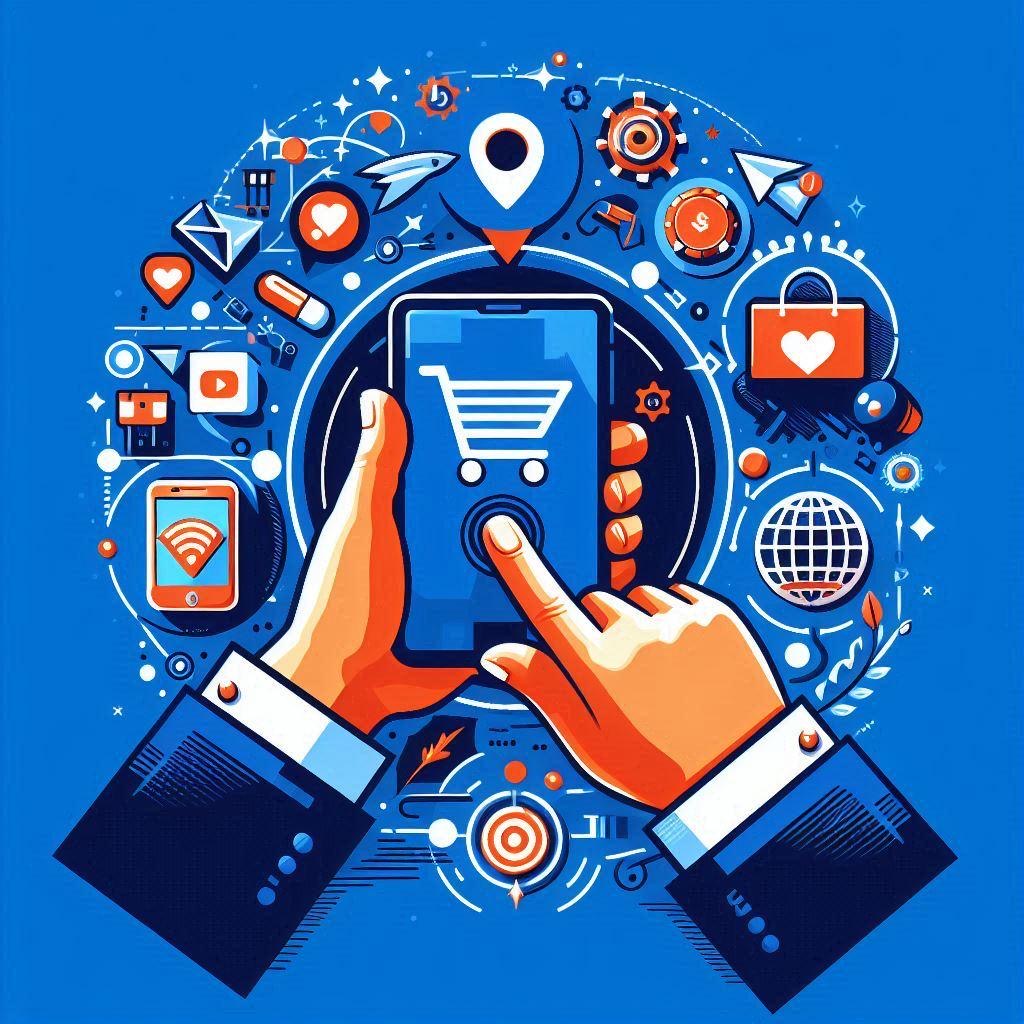Here are the recent happenings in the Retail and Consumer Tech world as of Jun 11, 2025…..
Amazon launches “One Grocery” reorg to fuse Whole Foods with its core
Amazon initiated a sweeping reorganization to bring Whole Foods fully into its central grocery business. As confirmed in an internal memo from Jason Buechel, CEO of Whole Foods and Amazon’s VP of Worldwide Grocery, the “One Grocery” plan will fold Whole Foods corporate staff into Amazon’s pay and performance systems over the next 12 months, though frontline store employees won’t be affected. Highlighting the goal to “simplify tools and collaboration across teams,” Buechel noted:
“Too frequently we are duplicating efforts and missing easy opportunities for efficiency.”
This marks yet another effort to streamline grocery operations after Amazon’s 2017 Whole Foods acquisition, part of a broader push under CEO Andy Jassy to align its subsidiaries more tightly under one umbrella. Despite still lagging behind Walmart and Kroger, Whole Foods sales have grown over 40% since acquisition, and Amazon touts “tens of billions” in combined Fresh and Whole Foods grocery revenue.
Sam’s Club nearly completes major clean‑label overhaul
Sam’s Club is revamping its private‑label Member’s Mark line, removing over 40 artificial ingredients by the end of 2025. As of June, “96% of these products are free from nearly 40 artificial ingredients,” including artificial colors and high‑fructose corn syrup. New offerings like Star Cutout Cookies and organic fruit twists reflect consumer-driven reformulations “without compromise in taste, quality or shelf life.”
U.S.–China trade framework agreed—tariffs stay high
President Trump announced a new U.S.–China trade framework in London, re‑setting U.S. tariffs on Chinese imports to a consolidated 55%, including a 30% baseline plus additional duties, while Chinese tariffs on U.S. goods drop to 10%. The deal secures rare‑earth access and extends Chinese student visas to the U.S. Final ratification awaits Trump and Xi. Former Commerce Secretary Wilbur Ross warned it “falls short … primarily addressing export controls rather than broader issues like intellectual property.”
Utah parents spend $13M in school‑voucher funds at major retailers
Utah’s “Fits All” voucher program has seen nearly $13 million spent on furniture, electronics, music, and books across 20 national chains—including Costco and Amazon—through March 2025. That accounts for about 20% of total voucher outlays.
Major card networks race into agentic AI payments
Visa, Mastercard (via “Agent Pay”), and PayPal are launching “agentic commerce” systems where AI bots execute transactions within consumer-set budgets and guardrails. Visa is partnering with OpenAI, Microsoft, Anthropic, IBM, Stripe, and Samsung; Mastercard works with Microsoft Azure OpenAI and IBM Watsonx . Industry observers are debating emerging governance questions—“who holds the receipt?”—as liability and security frameworks try to keep pace.
Upside study: most retail revenue now comes from ‘uncommitted’ shoppers
A large-scale study of 75 million transactions by Upside finds “uncommitted” shoppers—those without brand or channel loyalty—now drive most retail revenue, signaling a critical need for retailers to bolster loyalty and differentiation .
KISS Cosmetics keeps consumer‑centric development alive
Despite being in its 36th year, KISS Cosmetics continues to innovate by engaging deeply with customers. Kristin Giarrusso, Global Marketing Director, emphasizes their market leadership in nails and lashes stems from their unwavering dedication to “quality and innovation.” .
Marks & Spencer resumes online orders after cyberattack
British retailer Marks & Spencer has restored most of its U.K. online fashion ordering capabilities as of June 10, following a cyberattack on April 25—an essential milestone after a reported £300 million swing in profit.
Accenture x L’Oréal’s Noli marketplace adds AI muscle
Accenture and L’Oréal-backed startup Noli are joining forces—with Nvidia and Microsoft—to enhance AI-driven beauty shopping. They’re deploying over 1 million data points through AI Refinery™ and Nvidia GPU microservices to deliver personalized product recommendations.
This article was initiated using AI technology provided by Apple and OpenAI.
